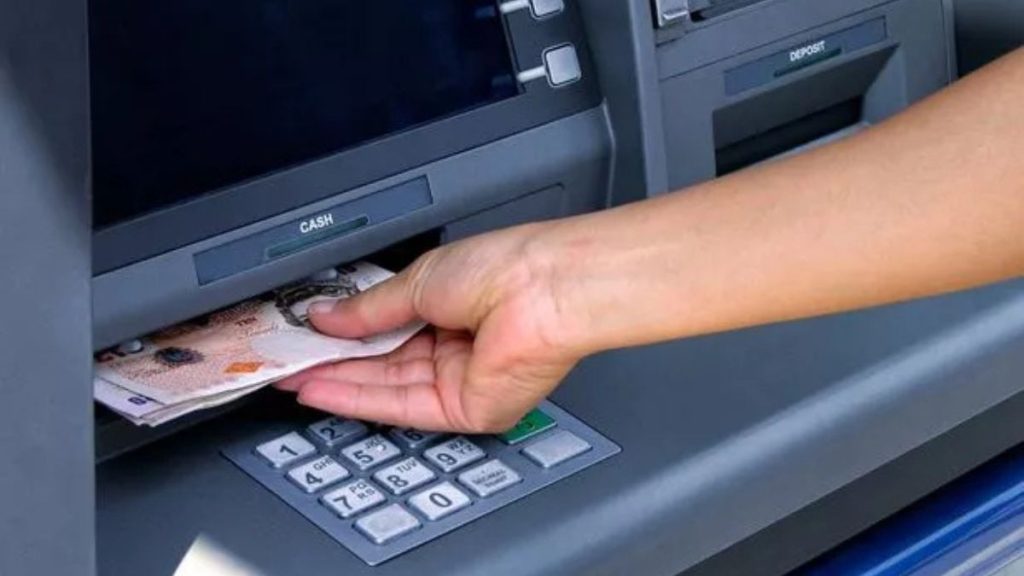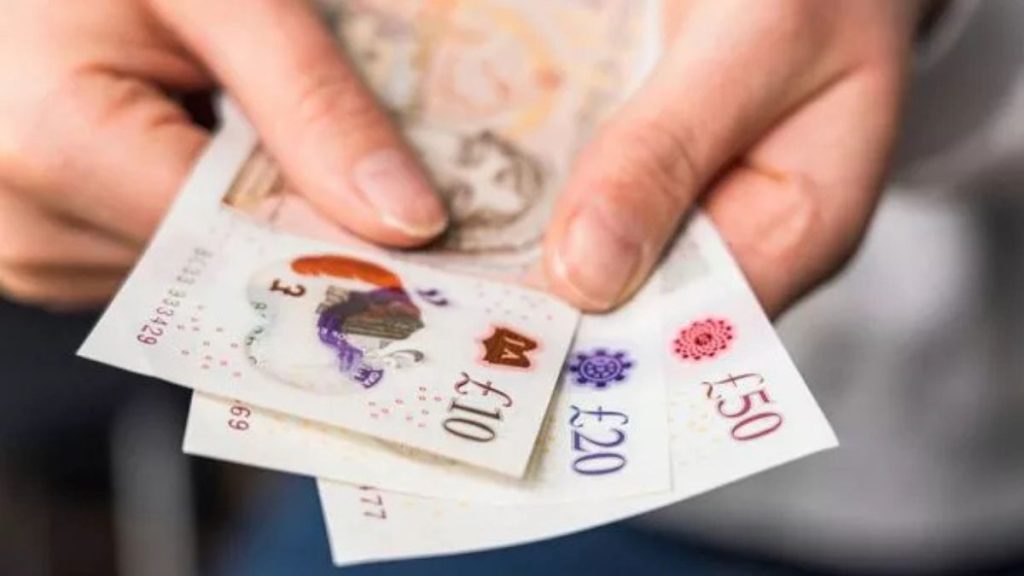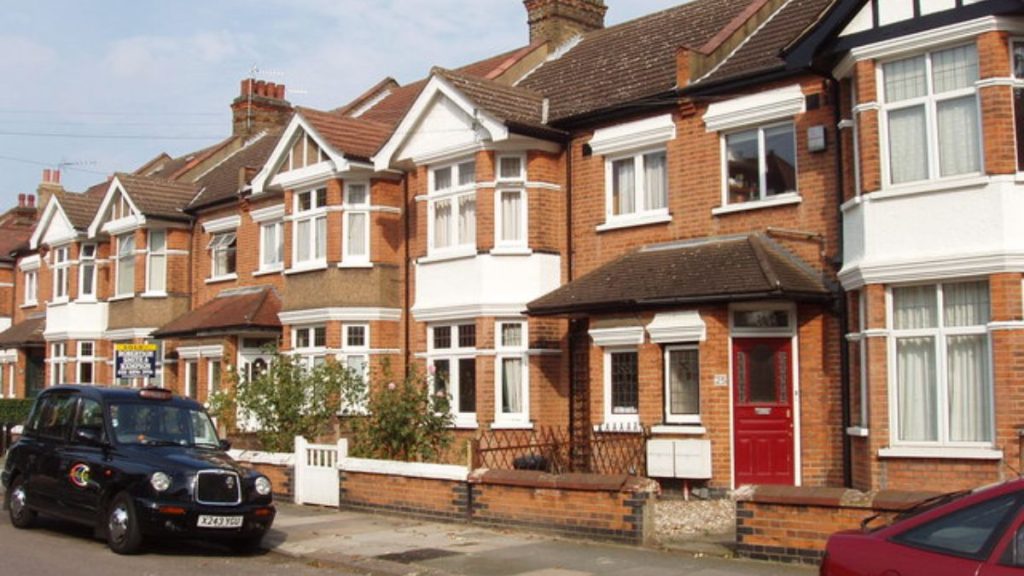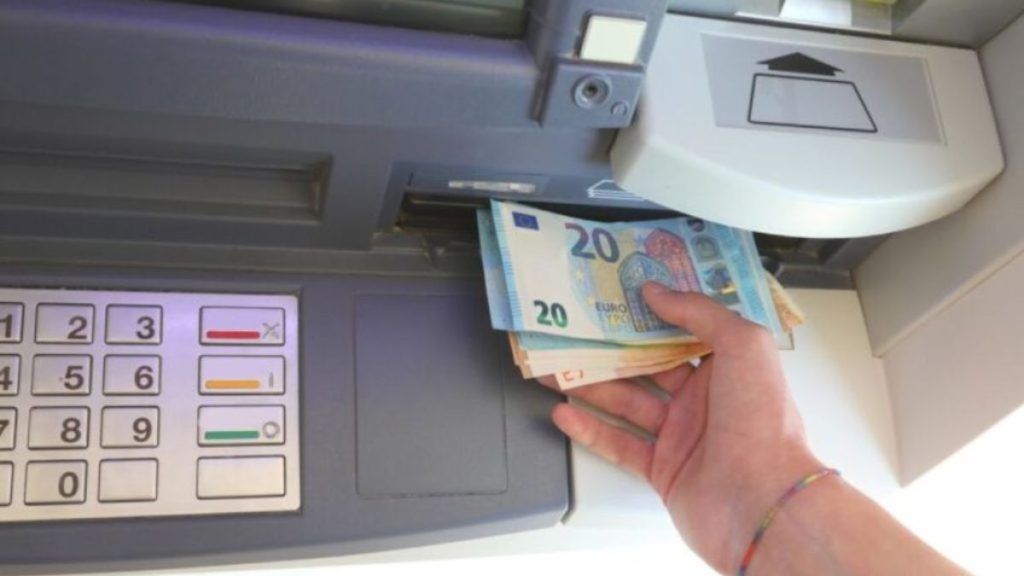The UK Government has officially confirmed that Universal Credit recipients will receive a £725 Cost-of-Living Boost in 2025, as part of a wider plan to ease the financial burden of rising energy bills, rent, and essential living costs.
With millions of households still struggling due to high inflation and soaring household expenses, this payment is designed to deliver direct financial relief where it’s needed most. Here’s everything you need to know about the £725 payment — from eligibility and payment dates to how it will be made and what it means for families and disabled claimants.
What Is the £725 Cost-of-Living Boost?
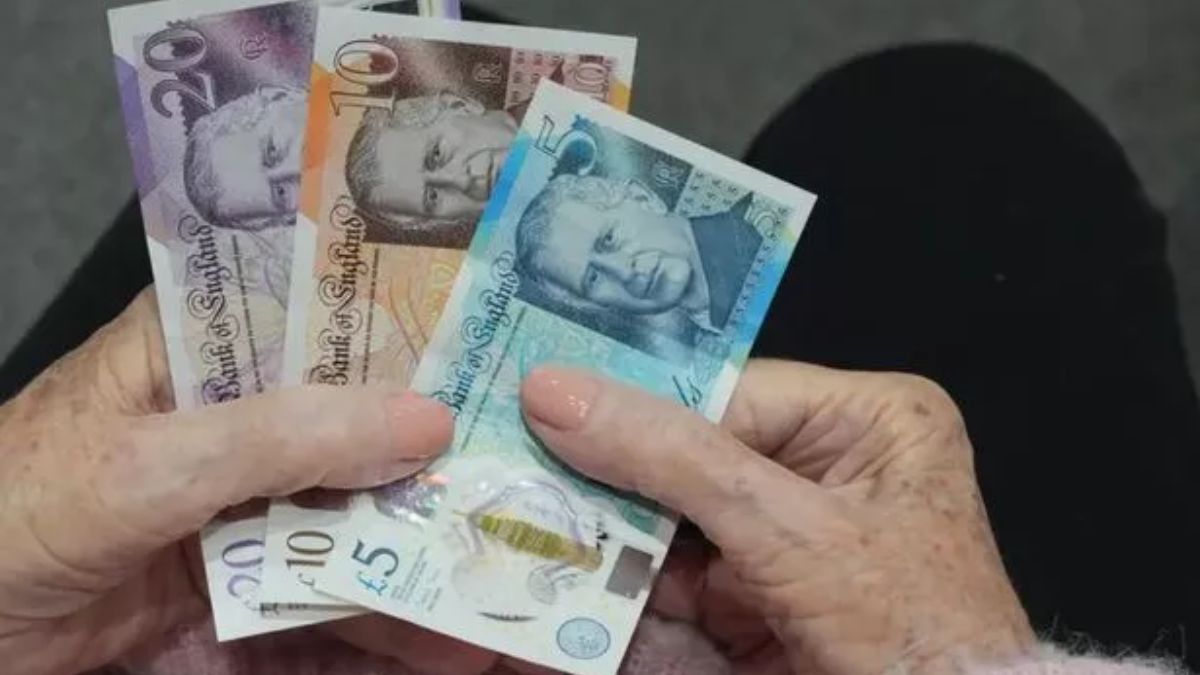
The £725 Cost-of-Living Boost is a one-off, tax-free payment issued by the Department for Work and Pensions (DWP). It is specifically aimed at Universal Credit claimants, providing extra help during a period of economic pressure.
Unlike regular monthly Universal Credit payments, this boost is a targeted support measure that gives eligible claimants a significant financial uplift to manage increased living expenses, such as food, energy, and transport.
It’s part of the government’s broader effort to stabilise household finances and ensure low-income families have enough support to cover basic needs during 2025.
Why the £725 Boost Is Being Introduced
Over the past several years, the UK cost of living crisis has severely impacted families across the country.
While inflation has slowed compared to 2022 and 2023, prices for energy, groceries, rent, and transportation remain historically high.
Key reasons for the new £725 boost include:
- High energy costs: Despite some reductions, bills remain over 50% higher than pre-crisis levels.
- Record rent increases: Many private renters are paying 10–15% more than in previous years.
- Rising food prices: Grocery bills have increased sharply since the pandemic, with essentials like bread, milk, and fruit still costing more.
- Economic uncertainty: Persistent inflation has limited household purchasing power, especially for those relying on benefits.
The £725 boost offers immediate financial help, timed strategically before the autumn-winter season, when energy and childcare expenses tend to peak.
Who Is Eligible for the £725 Universal Credit Payment?
Eligibility for this cost-of-living boost is straightforward — it is aimed at those currently receiving Universal Credit.
To qualify, you must:
- Be receiving Universal Credit during the government’s qualifying period (dates to be announced soon).
- Meet the standard eligibility criteria for Universal Credit (including income and residency requirements).
- Be aged 18 or over, or be part of a joint claim as a couple.
There’s no need to apply separately — if you’re eligible, you will automatically receive the £725 payment through your existing Universal Credit account.
When Will the Payments Start?
The DWP has confirmed that the first payments will begin in September 2025.
This timing is deliberate, coinciding with the start of the school year and the approach of colder months — periods when household budgets often face additional strain due to uniform purchases, transport costs, and rising heating bills.
Payments will be rolled out in phases, so not all claimants will receive the boost on the same date.
Most eligible households should expect to see the £725 deposit in their accounts between mid-September and early October 2025.
How the £725 Payment Will Be Made
The DWP has made the process simple and automatic to ensure quick access to funds.
- The payment will be added directly to your Universal Credit account.
- It will appear in your bank account alongside your regular monthly Universal Credit payment.
- The transaction reference will typically read “DWP COL” or “DWP UC Boost” for clarity.
There’s no need to complete forms, call helplines, or apply separately — all eligible claimants will receive it automatically.
How This Boost Helps with Rising Costs
The £725 boost is meant to help recipients manage essential expenses without falling into debt or arrears.
Common ways families can use the payment:
- Utility bills: Cover electricity, gas, or water bills for one or two months.
- Groceries: Manage food costs as supermarket prices remain elevated.
- Childcare: Help pay for after-school clubs or back-to-school costs.
- Debt relief: Pay off short-term loans or credit card balances.
Financial experts recommend prioritising essential expenses and setting aside a portion for winter heating costs or emergencies.
What It Means for Disabled Claimants
The £725 payment will also benefit disabled Universal Credit recipients who receive additional components such as:
- The limited capability for work element, or
- The limited capability for work-related activity component.
Importantly, this £725 is not a replacement for disability-related benefits — it is in addition to your regular payments.
This means that disabled claimants who qualify for both Universal Credit and a Disability Cost-of-Living Payment could receive multiple support payments in 2025.
Checking Your Eligibility and Payment Status
Claimants can easily check their payment status by logging into their Universal Credit online account.
Once your account updates, you’ll see a notification from the DWP confirming:
- Your eligibility,
- The exact payment date, and
- The amount (£725).
You can also expect an official DWP message in your account journal or an email alerting you once the payment is scheduled.
How to Plan Your Budget Around the Boost
Though it’s a one-off payment, careful planning can help you maximise its impact.
Budgeting tips:
- Prioritise essential bills such as rent, gas, electricity, and council tax.
- Set aside funds for seasonal expenses, including winter heating or school supplies.
- Avoid unnecessary spending — treat the boost as a safety buffer for emergencies.
- Consider using part of the payment to reduce existing debts or pre-pay upcoming bills.
With smart planning, this payment can help households stabilise their finances and prepare for potential challenges later in the year.
Wider Government Support in 2025
The £725 boost is part of a broader network of government support measures available to low-income households, including:
- £325 Cost of Living Payment (for eligible benefit claimants)
- Winter Fuel Payment (£100–£300 for pensioners)
- Warm Home Discount (£150 off energy bills)
- Cold Weather Payment (£25 per week during freezing conditions)
Many families may qualify for multiple payments, depending on their circumstances.
Criticisms and Concerns
While the £725 payment has been widely welcomed, some campaigners have voiced concerns about its temporary nature.
They argue that:
- One-off payments do not address ongoing affordability issues.
- Universal Credit rates should be permanently uprated to match inflation.
- More attention should be given to long-term solutions like affordable housing, rent caps, and energy pricing reform.
However, for many households, the timely relief offered by this payment will provide crucial breathing room amid persistent financial challenges.
Key Takeaways
- The £725 Cost-of-Living Boost will be paid to Universal Credit recipients in September 2025.
- The payment is automatic — no application required.
- It will appear directly in your Universal Credit account.
- Designed to help cover rising living costs like energy, rent, and food.
- Disabled claimants will also receive the boost on top of existing entitlements.
- One payment per household; joint claimants receive one combined boost.
FAQs
Q1: Who will receive the £725 Cost-of-Living Boost?
A1: Anyone currently receiving Universal Credit during the government’s qualifying period will automatically receive the £725 payment.
Q2: When will the payments be made?
A2: Payments are scheduled to begin in September 2025, with most recipients receiving funds by early October.
Q3: Do I need to apply for the £725 payment?
A3: No. The payment will be automatically issued to all eligible Universal Credit claimants — no application or form is required.
Q4: Will the £725 affect my regular Universal Credit payments?
A4: No. The boost is separate and tax-free, and it will not reduce or replace your regular Universal Credit entitlement.
Q5: What if I don’t receive the payment?
A5: If you don’t receive your £725 boost by the end of October 2025, log into your Universal Credit account to check your status or contact the DWP for clarification.












